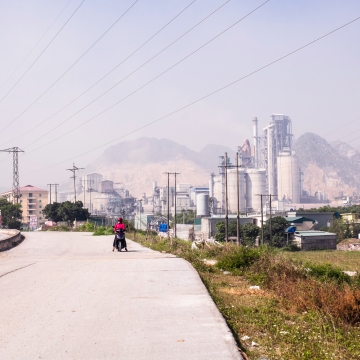Push renewables to spur carbon pricing
Make wind and solar power even cheaper by opening up access to the electricity gridand ending fossil-fuel subsidies, urge Gernot Wagner and colleagues. Putting a price on carbon dioxide and other greenhouse gases to curb emissions must be the centrepiece of any comprehensive climate-change policy. We know it works: pricing carbon creates broad incentives to cut emissions. Yet the current price of carbon remains much too low relative to the hidden environmental, health and societal costs of burning a tonne of coal or a barrel of oil.

